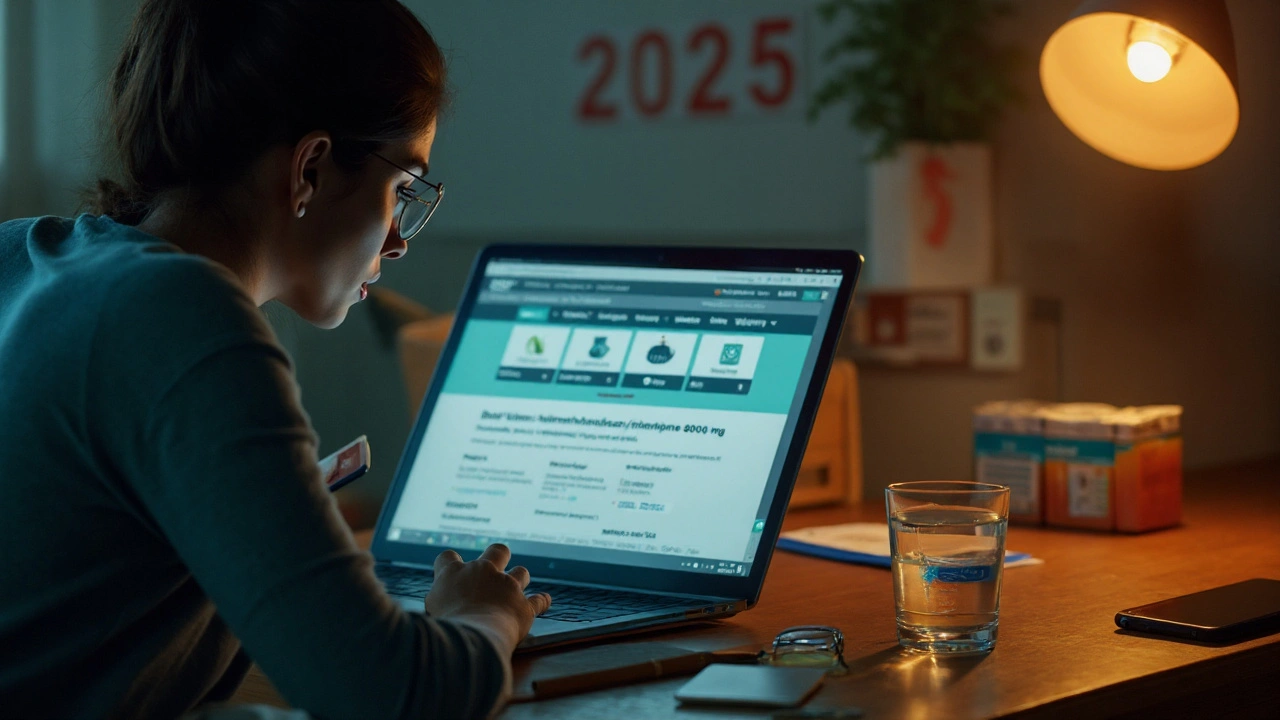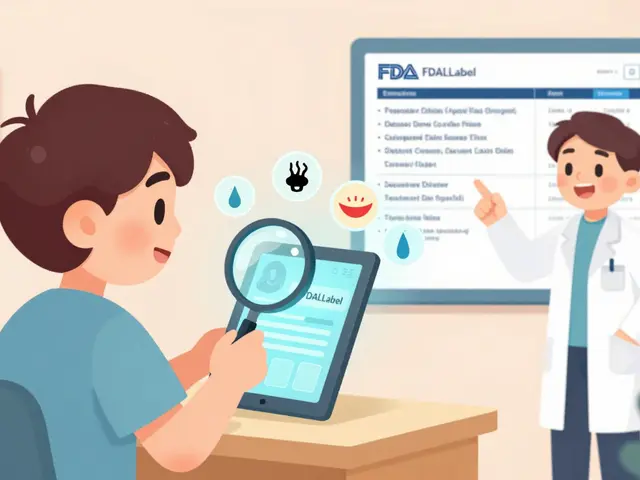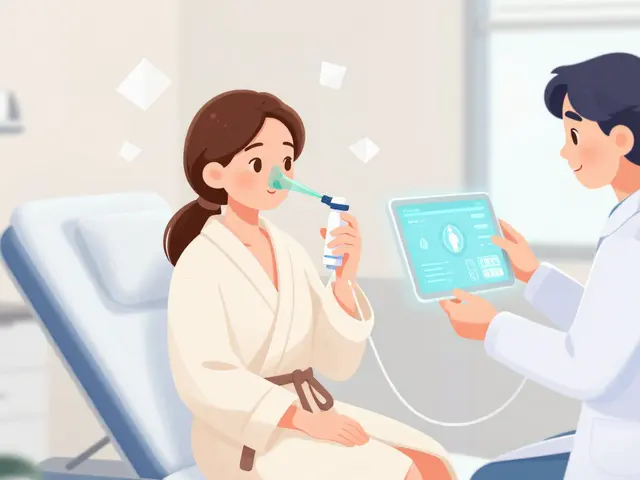Antibiotic Safety: What You Need to Know
Antibiotics can save lives, but only when you use them the right way. Too many people skip doses, share pills, or keep leftovers for the next cold. Those habits make bugs stronger and can hurt your body. Below is a quick, no‑jargon guide that shows how to stay safe while getting the most out of your prescription.
Common Risks and How to Spot Them
Most antibiotics cause mild stomach upset—think nausea, diarrhea, or a little tummy cramp. If you notice a rash, swelling, or trouble breathing, stop the medicine and call a doctor right away; those could be allergic reactions.
Another hidden risk is antibiotic resistance. When bacteria learn to survive a drug, that drug stops working for anyone who needs it later. Missing doses or stopping early gives bacteria a chance to adapt, so finish the full course even if you feel better.
Some antibiotics interact with other meds, especially blood thinners, birth control pills, and certain heart drugs. Always tell your pharmacist or doctor about every prescription, over‑the‑counter pill, and supplement you take.
Practical Tips for Safe Antibiotic Use
1. Take exactly as prescribed. Use the exact dose, timing, and length your doctor wrote down. Set a phone alarm if it helps you remember.
2. Don’t share. Even if a friend’s infection looks the same, their bacteria might be different. Sharing spreads resistance and can cause dangerous side effects.
3. Store properly. Keep the bottle in a cool, dry place unless the label says refrigeration. Bad storage can reduce effectiveness.
4. Know what to do if you miss a dose. Take it as soon as you remember—unless it’s almost time for the next one. Then skip the missed dose and continue as normal. Never double up.
5. Finish the whole pack. Even if symptoms disappear, the remaining bacteria still need the drug to be wiped out.
6. Talk to your doctor. If you develop a new symptom, feel worse, or need a longer course, reach out. Better to ask than to guess.
7. Check for interactions. Before you start any new supplement—like black seed, hedge mustard, or over‑the‑counter cold remedies—review their ingredients with a pharmacist.
8. Keep a record. Write down the name of the antibiotic, start date, and any side effects. This makes future appointments smoother.
By following these steps, you protect yourself and help keep antibiotics working for everyone. Remember: antibiotics are powerful tools, not everyday cures. Use them wisely, and they’ll stay effective when you really need them.
Buy Generic Bactrim Online Safely: Prices, Legit Pharmacies, and Risks (2025)
Want cheap generic Bactrim online? See 2025 prices, safe pharmacies, what’s legit, and real risks. UK/US rules, side effects, and smart ways to save explained.
Read More





